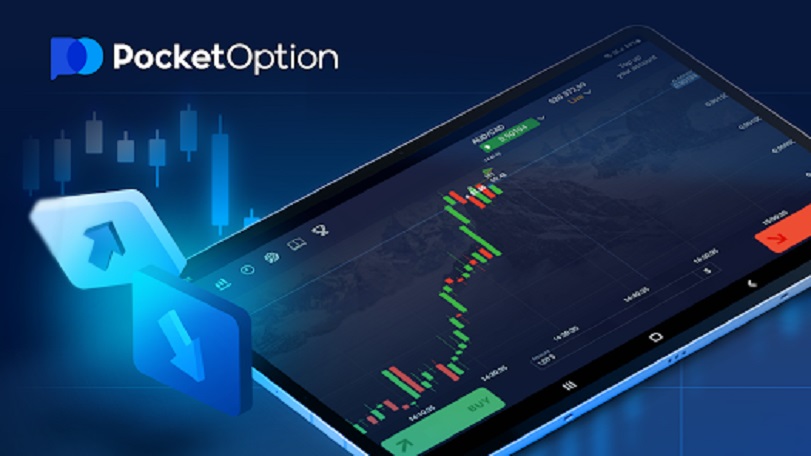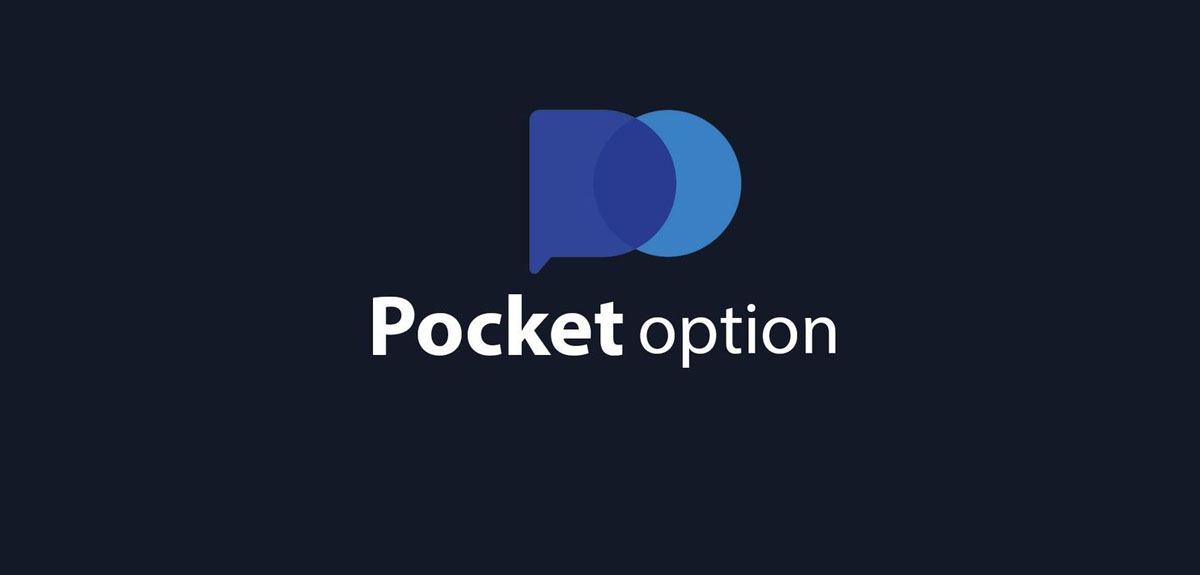
Pocket Option Banned Countries
In recent years, online trading has surged in popularity, attracting both novice and experienced traders alike. Pocket Option, a well-known trading platform, offers an array of features to traders looking to invest in various financial markets. However, not all countries allow their citizens to use Pocket Option, which brings us to the important topic of Pocket Option Banned Countries Pocket Option banned countries. This article will delve into the reasons behind these restrictions, the specific countries affected, and the implications for traders.
Understanding Online Trading Platforms
Before diving into the specifics of banned countries, it’s crucial to understand what online trading platforms like Pocket Option offer. These platforms allow users to trade various financial instruments, including currencies, commodities, and cryptocurrencies, through a user-friendly interface. Pocket Option, in particular, is known for its intuitive design, social trading capabilities, and an extensive library of educational resources aimed at improving trading skills.
Why Are Certain Countries Banned?
The reasons for banning certain countries from using Pocket Option (and similar trading platforms) can vary significantly. Broadly speaking, these reasons can be categorized into legal and regulatory concerns, compliance with local laws, and potential risks associated with financial services.
- Legal Regulations: Different countries have varying degrees of regulation concerning financial markets and trading platforms. Some countries impose strict regulations on financial services to protect their citizens from fraud and financial loss. If a trading platform does not meet these legal requirements, it may be banned from operating within those jurisdictions.
- Licensing Issues: Pocket Option may not hold the necessary licenses to operate in certain countries. Regulatory bodies, such as the Financial Conduct Authority (FCA) in the UK or the Securities and Exchange Commission (SEC) in the US, require trading platforms to register and obtain licenses before offering services to their residents.
- Risk of Scams and Fraud: Countries that have experienced a high prevalence of financial fraud may place bans on foreign trading platforms to protect their residents from potential scams. This is particularly pertinent in regions where consumers are less informed about financial literacy and online trading practices.
- Internet Regulations: Some nations impose strict internet regulations that affect digital services. For instance, countries with a history of internet censorship may restrict access to financial websites as part of broader digital control measures.

List of Pocket Option Banned Countries
While the specific list of banned countries may vary over time, here are some noted countries where Pocket Option services are restricted:
- United States: Due to strict regulations imposed by various authorities such as the SEC, Pocket Option does not operate in the US.
- Canada: Regulatory measures in Canada prevent certain binary options trading platforms from servicing Canadian residents.
- North Korea: A blanket ban on all foreign financial service platforms exists for North Korea due to severe governmental restrictions and sanctions.
- Australia: Australia has a rigorous financial regulatory framework that may not permit operations of platforms like Pocket Option without proper licenses.
- Hong Kong: Similar to Australia, platforms must meet specific licensing conditions set by local authorities.
- European Union: Certain jurisdictions within the EU may also apply restrictions against Pocket Option based on local regulations.
Alternatives for Traders in Banned Countries
For traders residing in countries where Pocket Option is banned, there are several alternative platforms available. These options vary in terms of available markets, user experience, and regulations. Here are a few potential alternatives:
- IQ Option: Offering a wide range of trading options, including stocks, options, and cryptocurrencies, IQ Option is popular among traders worldwide.
- Binance: For cryptocurrency traders, Binance remains one of the largest exchanges, offering a variety of digital assets for trading.
- eToro: Known for its social trading capabilities, eToro allows users to follow and replicate the trades of successful traders.
- Plus500: This platform offers a user-friendly interface that caters to both novice and experienced traders, focusing on CFDs and forex trading.
Conclusion
Pocket Option represents a viable trading option for many, but the restrictions in various countries highlight the complexities surrounding global trading regulations. It’s essential for traders to ensure they are compliant with local laws and regulations, especially in regions with strict financial oversight. Understanding which countries are banned from using Pocket Option can prevent legal issues and promote a safer trading environment. Moreover, there are numerous alternatives available for those seeking to participate in the financial markets. With careful research and understanding, traders can navigate these challenges and find platforms that suit their needs.


